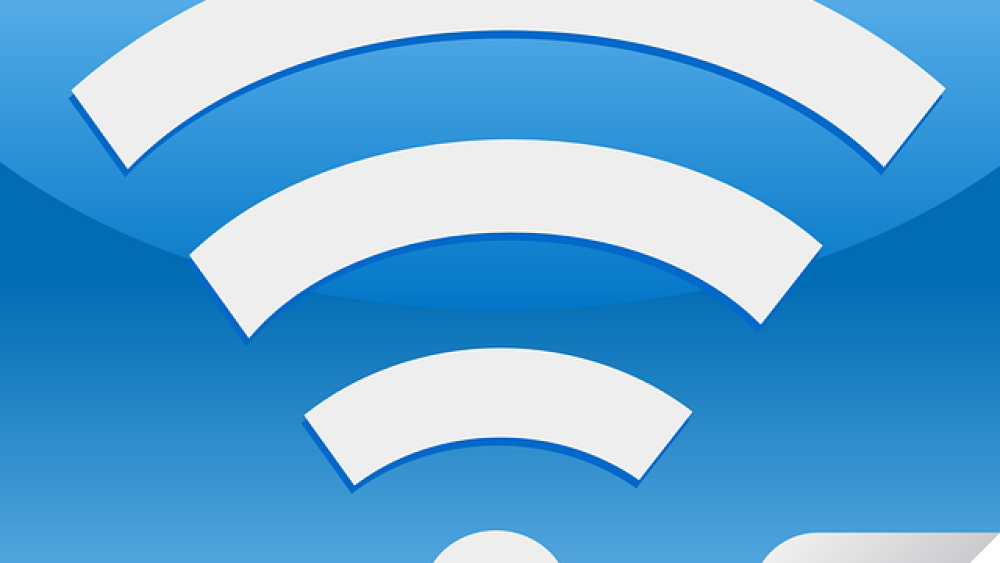What Happened?
The city of New York finally figured out how to wire its subway stations for underground WiFi, and found a sponsor to underwrite the service through the Labor Day week. The deal may provide a replicable model for other municipalities pressured to provide WiFi service in subway stations or other venues.
The Deal
Last year, the city announced a deal with New York-based Transit Wireless, a company that was specifically created to install and maintain underground cell service for New York’s 277 underground subway stations. The first six stations went live in September 2011, with AT&T and T-Mobile as “pilot” carriers. In May of this year, Transit Wireless signed a deal with WiFi provider Boingo to wire all of the city’s stations with WiFi access. According to the official statement, WiFi-enabled stations will grow from six to 36 before the end of the year, will be available in all stations by 2017.
The Model
Typically, Boingo’s mobile plan costs $7.95 per month; the company hosts more than 500,000 hotspots worldwide (you’ve probably run across them in airports or Starbucks, or at Starbucks in airports). However, Google Offers is “sponsoring” free WiFi access in those subways through September 7. As Transit Wireless CEO William Bayne put it, “Thanks to Google Offers, straphangers can enjoy the convenience of free Boingo WiFi service this summer.” Google will get signage in the stations, as well as a branded landing page. The sponsorship deal actually includes the New York subways and more than 200 other Boingo hotspots, and is considered a “brand awareness” initiative for Google.
Precedent
This is not the first time that Google sponsored free WiFi. Last year, Google Chrome sponsored free WiFi on three airlines, and in late 2009 the company provided free WiFi in 47 airports around the country. Google is actually just one of many companies that have sponsored free WiFi; they certainly didn’t create the category. Heineken sponsored free WiFi in more then 300 pubs in London last year, and AOL recently sponsored free WiFi in nine airports across the country. Back in 2009, Yahoo sponsored free WiFi in Times Square, and today many sporting venues and municipal centers have sponsored WiFi, such as the Moscone Center in San Francisco.
Municipal Opportunities?
Sponsored municipal WiFi hotspots are sexy in theory, but extraordinarily challenging in reality. To begin with, many municipal WiFi initiatives have been shelved or attacked, or simply have been running into trouble for many years. Even once they go live, finding sponsors is a challenge; Seattle recently shut down its WiFi after it was unable to secure sponsors—in its announcement, it pleaded that “The City would encourage other providers or sponsors to consider supporting free Wi-Fi service in these areas and other neighborhood business districts.”
What’s Next?
Regarding New York, Boingo intends to lock in another sponsor as quickly as possible. “The goal is, by time [the Google Offers program] runs out, to have another advertiser lined up,” Boingo’s Christian Gunning told Adweek Magazine. For Gov1 readers, we’ll continue to track this and other sponsor-related developments; in fact, we recently published an article about how other communities were selling sponsorships and naming rights to other municipal assets.












